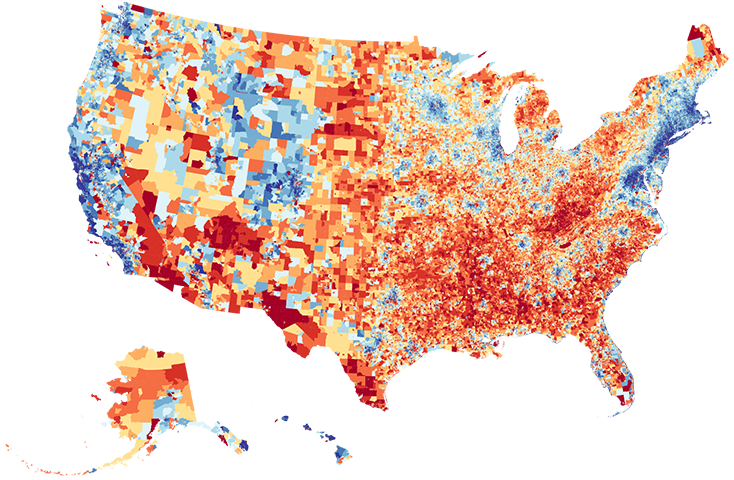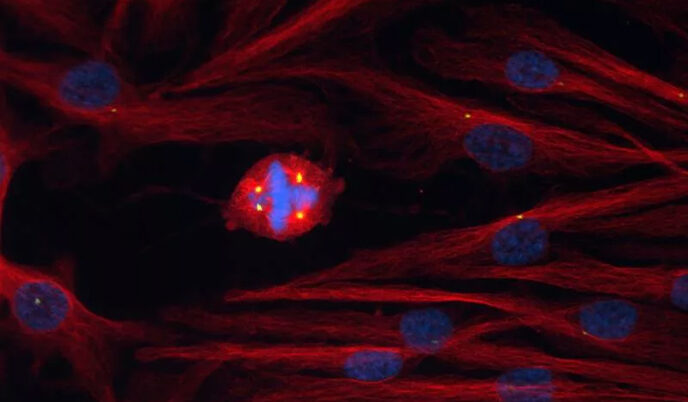
UW Health, School of Medicine and Public Health remove race from kidney function estimation formula
As part of their efforts to address systemic racism in medicine, UW Health and University of Wisconsin School of Medicine and Public Health are calling for an approach to assess kidney function devoid of race.

UW study looks to keep nursing homes safe during COVID-19 pandemic with telehealth
A new research study at the University of Wisconsin School of Medicine and Public Health seeks to reduce COVID-19 spread in Wisconsin nursing homes by collaborating with community and academic partners to expand telehealth infrastructure.

Molds damage lung’s protective barrier to spur future asthma attacks
University of Wisconsin–Madison researchers have identified a new way that common Aspergillus molds can induce asthma, by first attacking the protective tissue barrier deep in the lungs.

UW–Madison study shows that calorie restriction slows skeletal muscle aging
Monkeys on calorie restricted diets age better than monkeys on a normal diet, according to researchers at the University of Wisconsin School of Medicine and Public Health.

UW–Madison study finds where you live affects brain health
Living in disadvantaged neighborhoods may impact the brain, according to researchers at the University of Wisconsin School of Medicine and Public Health.

Lynn Schnapp named Department of Medicine chair
A pulmonologist and leading researcher on lung injury and repair, Lynn M. Schnapp, MD, has been named chair of the Department of Medicine at the University of Wisconsin School of Medicine and Public Health.

Prevention Research Center to focus on mother-baby health
Wisconsin’s first Prevention Research Center is coming to UW–Madison thanks to a five-year, $3.7 million grant from the Centers for Disease Control and Prevention.

Carbone Cancer Center oncologist identifies unconscious gender bias
When speaking at the world’s largest international oncology conference, female speakers were addressed less often by their professional title compared to male speakers, and were more likely to be introduced by their first name only.

Biostatistics and medical informatics tapped for $11.8 million national coordinating center
A University of Wisconsin-Madison professor and his team have been chosen to lead the nation’s coordinating center for the National Cancer Institute (NCI) Cancer Prevention Clinical Trials Network (CP-CTNet).

Investigation into fungal infection reveals genetic vulnerability in Hmong
Ten years ago, in Marathon County, Wisconsin, 55 people were sickened by an uncommon fungal infection called blastomycosis. Thirty patients were hospitalized. Two people died.

Researchers probe cell division defects to gain insight into cancer
From bugs to plants to animals, for all living things to grow they must create more cells.

Wisconsin Alzheimer’s Disease Research Center receives $15 million from NIH
The Wisconsin Alzheimer’s Disease Research Center will establish, among other activities, a first-of-its-kind research program into improving the care of Alzheimer’s patients and reducing caregiver stress through a $15 million grant from the National Institutes of Health-National Institute on Aging (NIH-NIA). This grant will provide $3 million annually for five years.